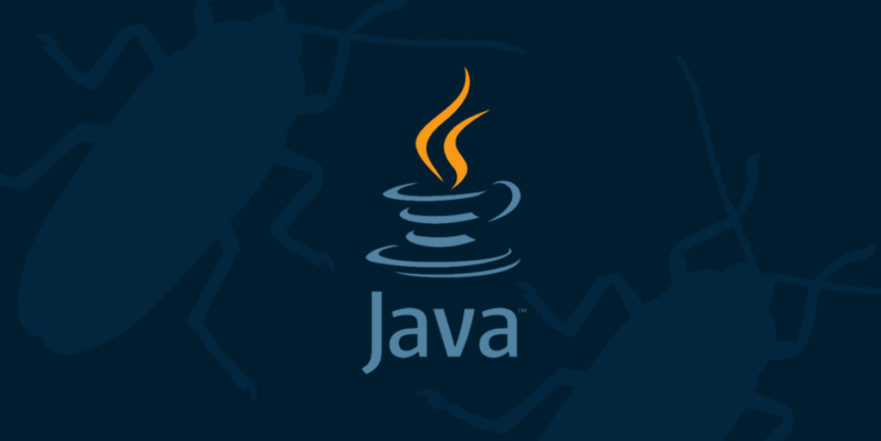
Discuss the role of packages in Java programming, and provide an example of how to create and use them in a program.
Analyze the different types of loops in Java, and describe the best use cases for each.
Illustrate how to create and use arrays in Java, and explain the benefits of using them in programming.
Provide a step-by-step guide on how to set up and configure a Java development environment on your computer.
Explain the difference between static and dynamic binding in Java, and provide an example of how to use each.
Describe the importance of data types in Java, and provide examples of different types of data that can be used in programming.
Discuss the role of interfaces in Java programming, and provide an example of how to create and use them in a program.
Sum up the advantages and disadvantages of using Java for mobile app development.
Define the concept of encapsulation in Java, and explain how it can be used to protect sensitive data in a program.
Create a Java program that reads data from a file and writes it to a new file.
Compare the differences between Java and Python, and describe the best use cases for each.
Discuss the benefits of using Java for server-side web development, and provide examples of popular Java web frameworks.
Propose a new Java design pattern, and explain how it can be used to solve common programming problems.
Describe the differences between Java and C++, and explain how Java has evolved to become a more modern programming language.
Generate a list of best practices for Java programming, and explain why each practice is important.
Discuss the benefits and drawbacks of using Java for game development.
Analyze the different types of data structures in Java, and describe the best use cases for each.
Explain how to use Java to create and manipulate strings, and provide examples of common string operations.
Create a Java program that sorts an array of numbers using the bubble sort algorithm.
Describe the different types of variables in Java, and provide examples of how to use each.
Compare the differences between Java and PHP, and describe the best use cases for each.
Discuss the importance of comments in Java programming, and provide examples of how to write effective comments in a program.
Craft a Java program that reads data from a database and writes it to a new file.
Recommend the best Java tools for debugging and profiling, and describe how to use them effectively.
Define the concept of polymorphism in Java, and provide an example of how it can be used to write more efficient code.
Explain how to use Java to create and manipulate dates and times, and provide examples of common date and time operations.
Create a Java program that generates a sequence of prime numbers.
Describe the different types of control statements in Java, and provide examples of how to use each.
Compare the differences between Java and Ruby, and describe the best use cases for each.
Discuss the benefits of using Java for machine learning and data science, and provide examples of popular Java libraries and frameworks.
Propose a new Java feature for handling big data, and defend your idea with supporting arguments.
Describe the role of threads in Java programming, and provide examples of how to use them to improve program performance.
Explain how to use Java to create and manipulate XML files, and provide examples of common XML operations.
Create a Java program that implements a binary search algorithm.
Define the concept of inheritance in Java, and provide an example of how it can be used to write more efficient code.
Discuss the differences between Java and JavaScript, and describe the best use cases for each.
Craft a Java program that reads data from a web API and processes it.
Summarize the history of Java, including its evolution and milestones.
Explain how to use Java to create and manipulate files, and provide examples of common file operations.
Create a Java program that implements a merge sort algorithm.
Provide a step-by-step guide on how to create a graphical user interface (GUI) using Java.
Analyze the differences between Java and Kotlin, and describe the best use cases for each.
Discuss the best practices for optimizing Java program performance, and provide examples of how to implement them.
Explain how to use Java to create and manipulate collections, and provide examples of common collection operations.
Create a Java program that generates a sequence of Fibonacci numbers.
Describe the differences between Java and Swift, and explain how Java is used for iOS app development.
Discuss the benefits of using Java for artificial intelligence and robotics, and provide examples of popular Java libraries and frameworks.
Propose a new Java feature for handling concurrency, and defend your idea with supporting arguments.
Define the concept of exceptions in Java, and provide examples of how to handle and throw them in a program.
